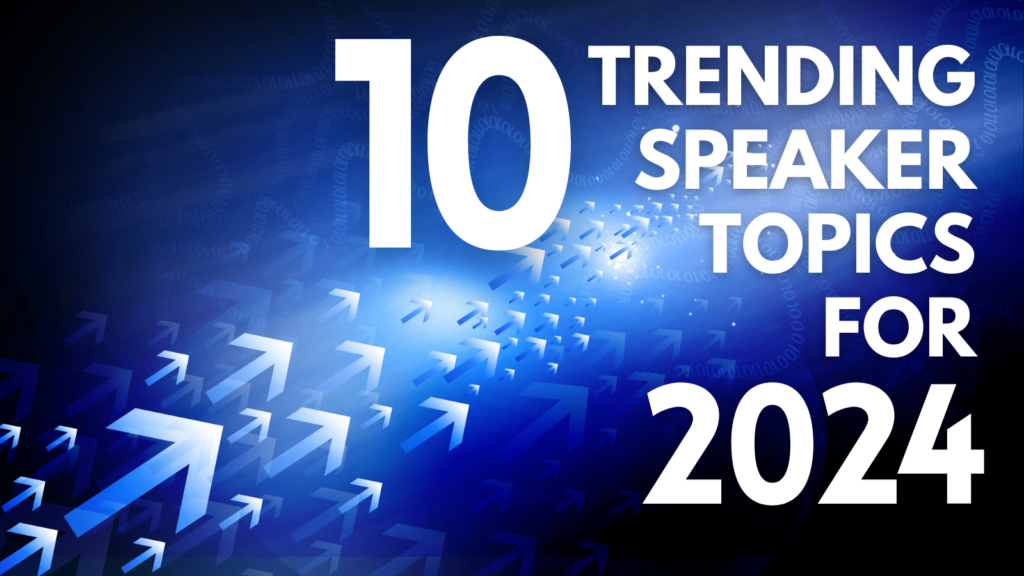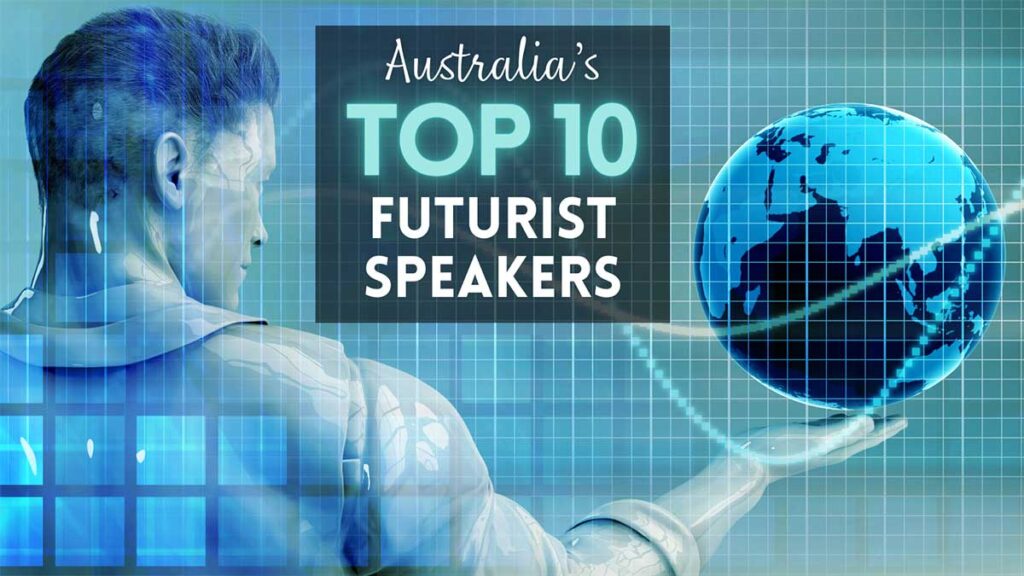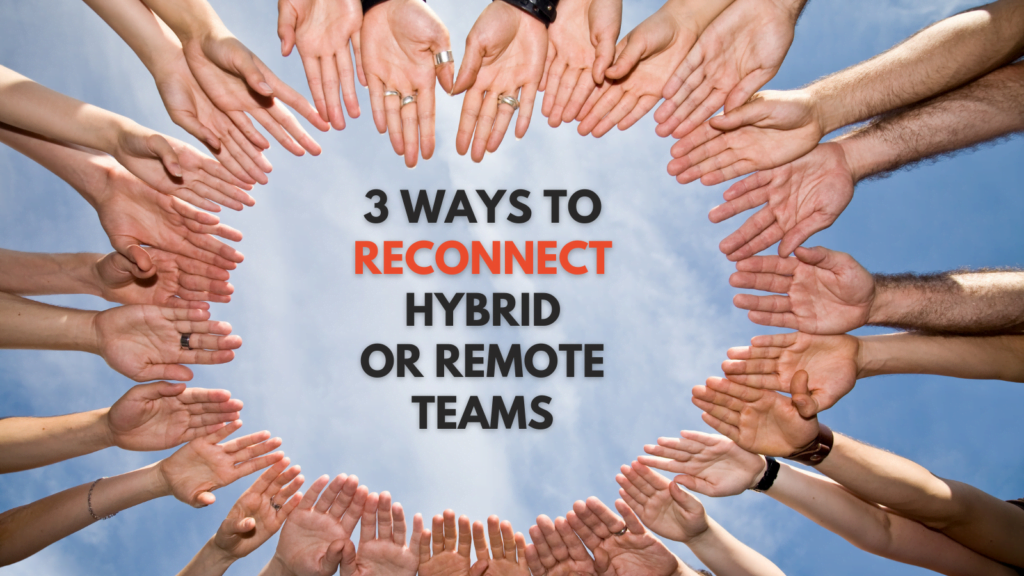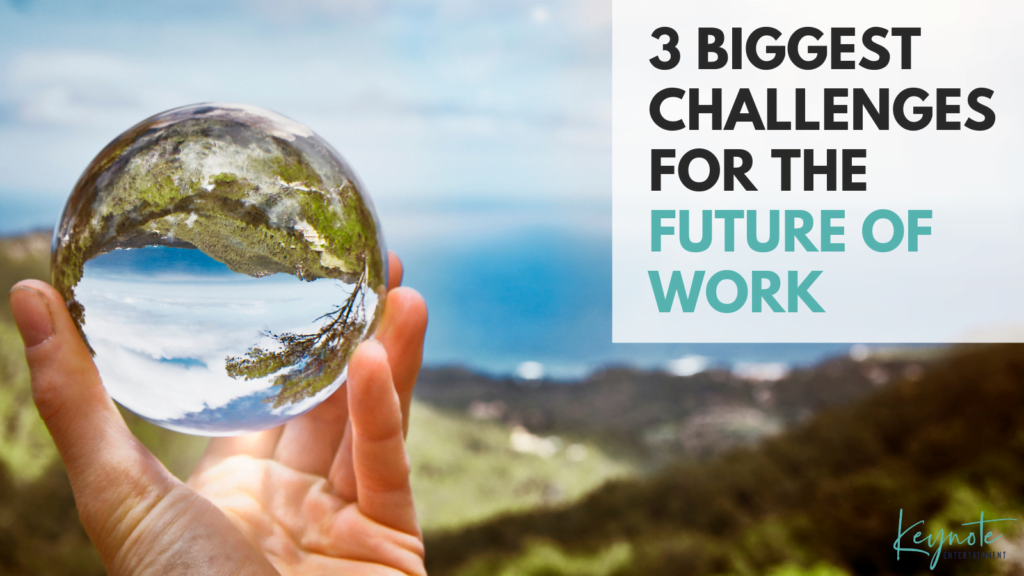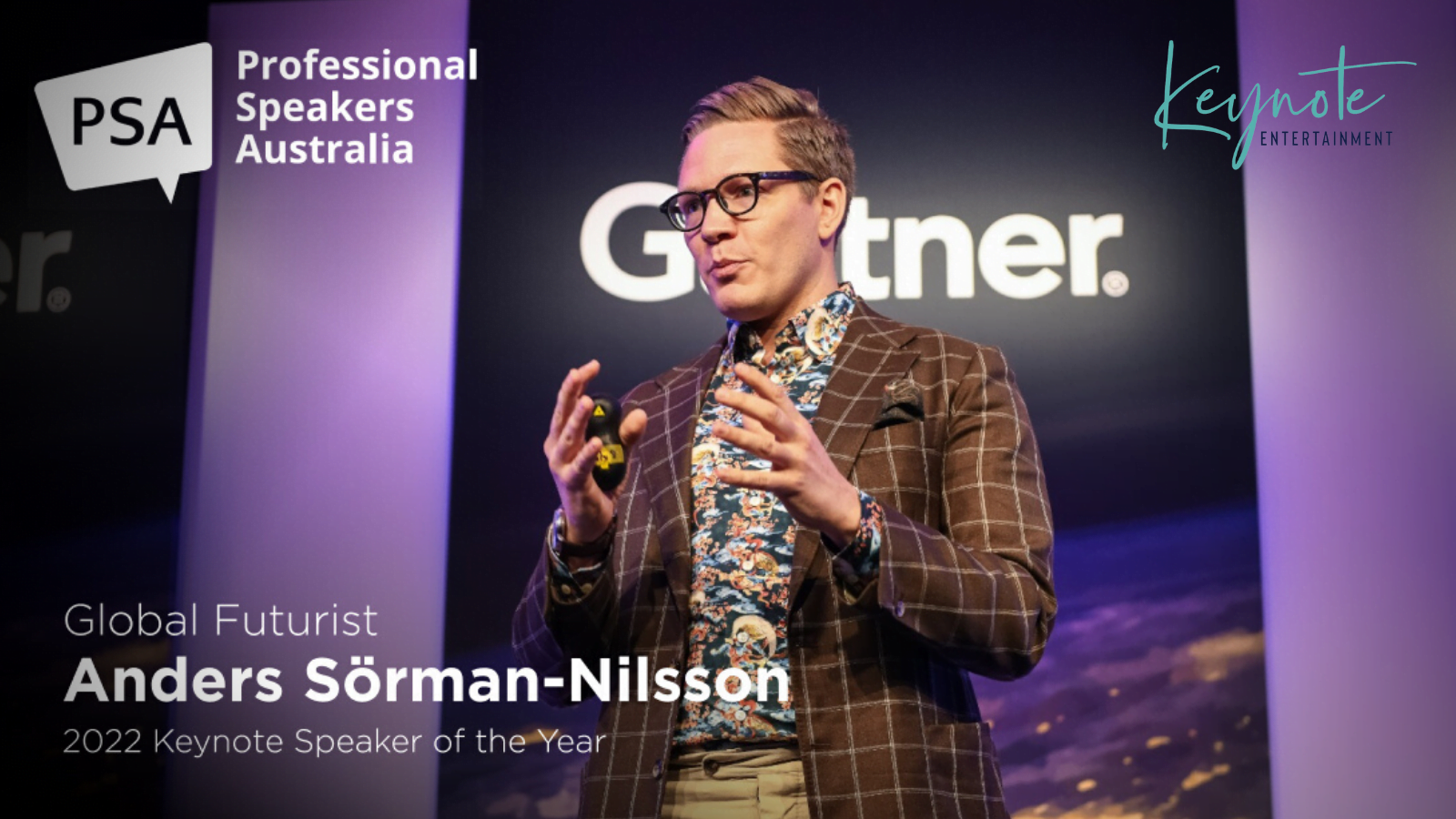Australia’s Top 10 Futurist Speakers
3 Ways to Reconnect Hybrid or Remote Teams
3 Biggest Challenges for the Future of Work
Global Futurist Anders Sörman-Nilsson Wins Keynote Speaker of the Year Award
The ‘Keynote Speaker of the Year’ title, awarded by Professional Speakers Australia, is reserved for a very special type of Motivational Speaker. One that has the enviable ability to inspire, engage and entertain a global audience, and whose profoundly insightful presentations are delivered with world-class stagecraft. This year, we would like to congratulate Global Futurist…

